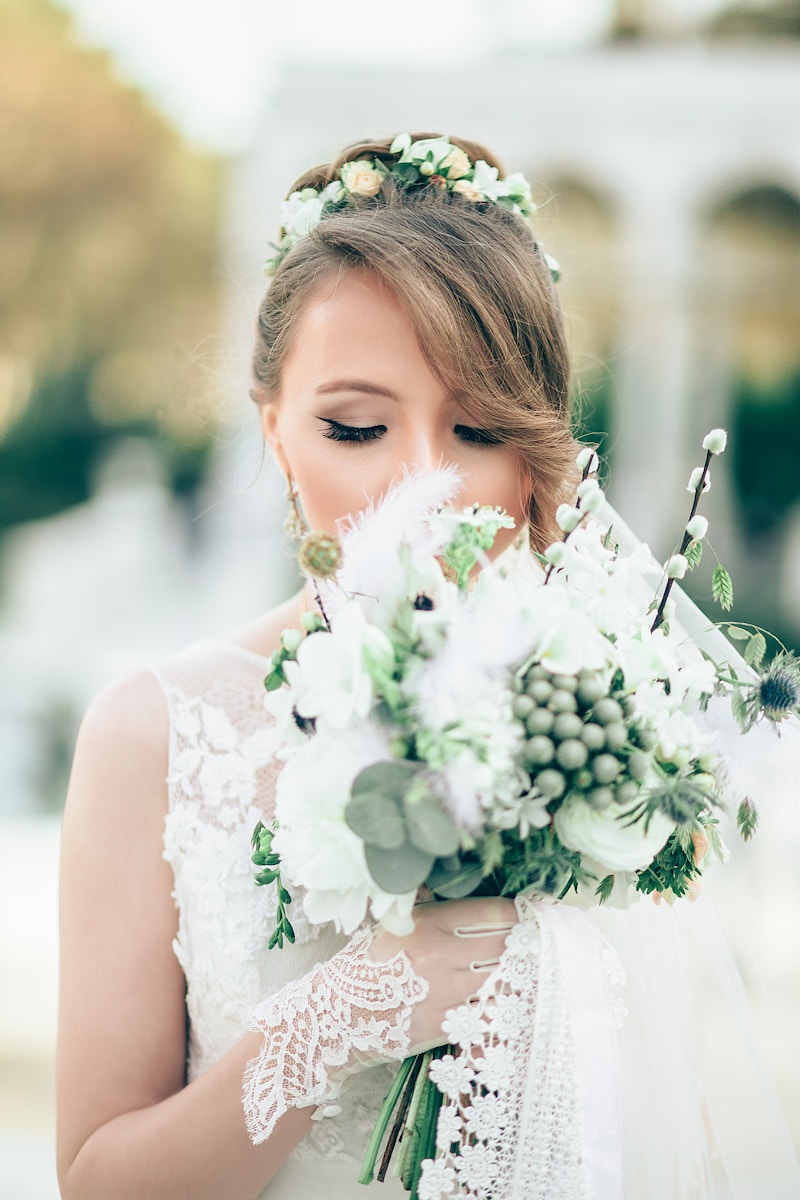Cultural Significance of Weddings: A Global Perspective
Understanding the Cultural Significance of Weddings
Weddings are not merely ceremonies where two people decide to share their lives together; they are rich in cultural significance, embodying traditions, rituals, and values that have been passed down through generations. The ways in which these ceremonies are conducted vary greatly from one culture to another, reflecting the diversity of human experience. This article delves into the profound meaning of weddings across various cultures, the traditions involved, and why understanding these cultural nuances is essential.
The Roots of Wedding Traditions
Weddings have always played a pivotal role in societies. They symbolize the union not just of individuals but also of families and communities. The cultural significance of weddings extends beyond the couple, marking important transitions and consolidating social ties. Various factors contribute to how weddings are celebrated around the world:
- Religious Beliefs: Different religions have specific rituals and customs surrounding weddings. For instance, in Christianity, the marriage vows are often exchanged in a church, while in Hinduism, the 'saptapadi' or seven vows are taken around a sacred fire.
- Historical Influences: Cultural norms and historical events have shaped wedding traditions. In some cultures, traditions reflect ancient practices, like dowries and arranged marriages, which are remnants of social and economic structures.
- Regional Differences: Geographic location can lead to variations in wedding customs, even within the same country. For example, a traditional wedding in the southern United States may differ significantly from one in New England.
Cultural Symbolism in Wedding Ceremonies
Each wedding ceremony is imbued with symbols that convey deeper meanings. From the attire to the setting, every element reflects the culture it originates from. Below is a table summarizing various cultural symbols found in weddings worldwide:
| Culture | Symbol | Meaning |
| Indian | Red bridal saree | Fertility and prosperity |
| Chinese | Double happiness character | Joy and marital bliss |
| Western | White wedding dress | Purity and new beginnings |
| Japanese | Shiro-Muku (white kimono) | Purity and sincerity |
Regional Variations in Wedding Practices
Understanding regional variations in wedding practices can enhance our appreciation for the cultural significance of these ceremonies. Here are a few notable practices from around the world:
Middle Eastern Weddings
In many Middle Eastern cultures, weddings can last several days, featuring various celebrations, such as the 'Henna Night,' where intricate designs are applied to the bride's hands. This ritual symbolizes protection and good fortune.
African Traditions
Across Africa, marriage often symbolizes the joining of families rather than just individuals. For instance, the Maasai people view marriage as a community affair, emphasizing the importance of family lineage and responsibilities.
Latin American Weddings
Latin American weddings often feature vibrant celebrations filled with music, dance, and traditional foods. The 'Lazo' ceremony, where a cord is placed around the couple, symbolizes their eternal love and unity.
Modern Influences on Wedding Culture
In today's rapidly changing world, the cultural significance of weddings is continuously evolving. Globalization has introduced new trends and ideas, leading couples to blend traditions or create unique ceremonies that reflect their personal values and relationships. Some modern influences include:
- Destination Weddings: Many couples opt for destination weddings, choosing exotic locations that may not align with their traditional practices.
- Sustainable Weddings: Increasing awareness of environmental issues has led to a rise in eco-friendly wedding options, such as organic catering and zero-waste decorations.
- Diversity and Inclusivity: In an increasingly multicultural society, weddings are often a blend of different cultural practices, making them more inclusive and representative of the couple's backgrounds.
Why Understanding Cultural Significance Matters
Understanding the cultural significance of weddings is important for many reasons:
- Respecting Traditions: Being aware of cultural practices can foster respect and appreciation for diverse traditions, promoting harmony in multicultural societies.
- Strengthening Relationships: Knowledge of a partner's cultural background can strengthen relationships, allowing couples to create meaningful ceremonies that reflect both personal and cultural identities.
- Pursuing Cultural Inclusivity: By acknowledging and incorporating various cultural elements into wedding planning, couples can celebrate their love while honoring their heritage.
Conclusion and Recommendations
The cultural significance of weddings is multifaceted, celebrating love, unity, and shared values within diverse societies. As weddings continue to evolve, embracing both traditional and modern influences, understanding cultural nuances will enrich the experience for everyone involved. Here are a few key takeaways:
- Research the cultural backgrounds of your partner and families to appreciate their traditions fully.
- Consider blending cultural practices in your wedding to create a unique and personal celebration.
- Stay open-minded and respectful towards various customs, enhancing the inclusivity of your wedding ceremony.
Final Thoughts
Weddings are significant cultural events that transcend mere celebration. They embody a tapestry of history, tradition, and love, marking important life transitions. By appreciating the cultural significance of weddings, we not only honor our heritage but also create a richer, more meaningful celebration of love and commitment.
